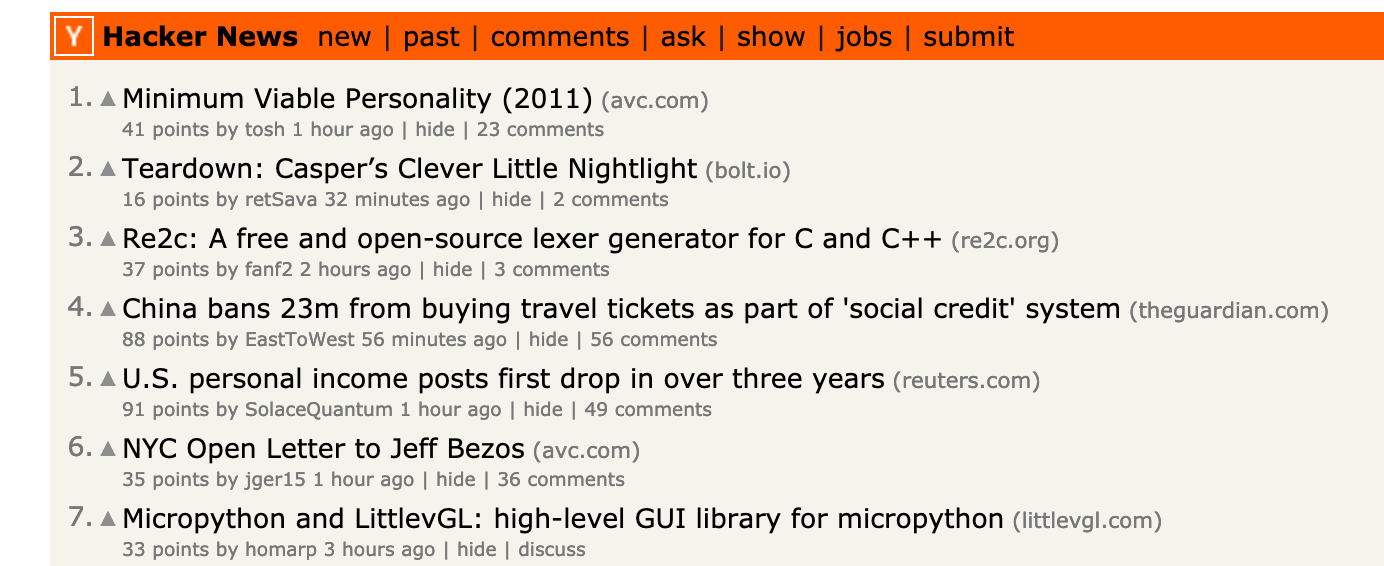While we wait for the blockchain/crypto technology to scale to the point where it can be the foundation of mainstream consumer applications (games, social media, e-commerce, etc), there is a sector where scalability is a little less important and where blockchain/crypto is starting to show some real signs of life.
In the crypto space, it is called Decentralized Finance, or DeFi for short. It includes, of course, all of the ICO activity largely built on top of Ethereum and the ERC-20 token. But it also includes thinks like Maker which is both a stable coin and a collateralized lending sytem. The collateral for the loans is what stablizes the Maker stablecoin. We also are seeing other lending offerings develop in the DeFi world and we are seeing things like hedging, shorting, derivatives, and more, all built on a decentralized platform where there are no intermediaries, no clearinghouses, and the need for trusted third parties is much less, sometimes not at all.
This makes sense for a number of reasons. While the transaction requirements of financial services applications are not trivial, they are also not as demanding as mainstream consumer applications where millions of users are transacting with each other and the system in real-time.
It is also the case that, unlike many of the new architectures that emerged over the years (mainframe, mini, client-server, web), the blockchain/crypto space has always had money at its core and making money, transacting in money, and everyting that goes along with that has been an early use case and for most people, the driving use case for this technology.
All technologies need early use cases. I do not think DeFi will be the only thing that blockchain/crypto is good for. I think we will see blockchains scale in the next few years to allow mainstream consumer applcations to be built.
But until then, DeFi is a good place to hang out. It uses all of the same technologies, architectures, and value systems that we have come to know and love in crypto. You can learn to build applications, use applications, and generally come up to speed on the sector while serving real customers, building a business, and, hopefully, making money.
